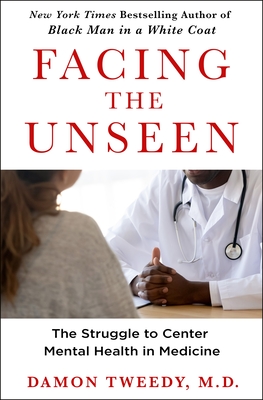
Frame Work in Language and Literacy: How Theory Informs Practice (Challenges in Language and Literacy)
Description
Many therapies and instructional models have been developed for children who have difficulties with language and literacy. How do speech-language pathologists, teachers, and other school-based practitioners decide which of these practices to implement--and why do conflicts arise between professionals from different disciplines? This important volume surveys a range of approaches to addressing children's language and literacy disabilities, focusing on the underlying interpretive concepts, or frames, that set different approaches apart. Readers are guided to learn new practices, reflect on the frames that shape their existing practices, and deal more productively with "frame clashes" when they occur. Paving the way for reflective practices and cross-disciplinary collaboration, this is a much-needed resource for all those working to help students succeed.
Praise for Frame Work in Language and Literacy: How Theory Informs Practice (Challenges in Language and Literacy)
"From a gifted writer, researcher, and clinician, this innovative text offers a unique perspective on language learning in children. Duchan illuminates the ways that different conceptual lenses or frameworks inform our understanding of communication and literacy difficulties in children, as well as our decision making in the areas of assessment and intervention. Numerous concrete examples guide readers to think more reflectively about their own preferred practices and to broaden the perspective they bring to their work. The book will appeal to both graduate students and practicing professionals. As a text, it is suitable for introductory to advanced courses in language learning and language disorders."--Patricia A. Prelock, PhD, CCC-SLP, Department of Communication Sciences, University of Vermont
"This well-researched and well-integrated text addresses what is frequently an area of confusion for students and professionals in child language and literacy. All too often, scholars in the field discuss theories and approaches from a particular perspective, or frame, without specifying what that frame is or whether alternatives exist. Duchan clearly describes the various frames that guide our work, challenging readers to consider how their professional preparation and clinical experiences have led them to their current practices. Speech-language professionals and students will be stimulated to engage in more self-reflective practice through reading this book. As a teaching text, it will be appropriate for courses addressing children's language disorders, advanced clinical practice, and professional development."--Vicki A. Reed, EdD, CCC-SLP, ASHA Fellow, School of Communication Sciences and Disorders, The University of Sydney, Australia
"This book takes a new and original approach to the study of speech and language disorders in children. Emphasizing the importance of reflective practice, Duchan examines the different models that have driven our understanding in this area, and attempts to integrate them rather than accentuating their differences. She uses a social constructivist model to search for metaphors that capture what is important about clinical and educational practice. This is a highly useful book for both education and speech-language practitioners--and hopefully one that both sets of professionals (as well as master’s-level students) will read. It has the potential to provide a common language and to draw distinct perspectives into a coherent whole."--James Law, PhD, FRCSLT, Department of Language and Communication Science, City University, London, UK




























